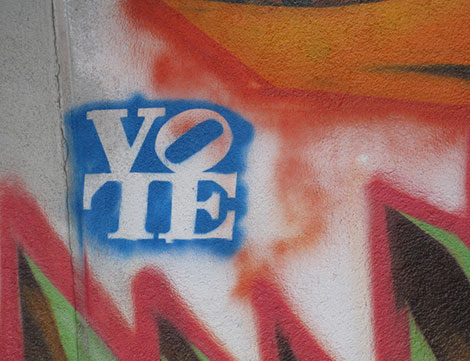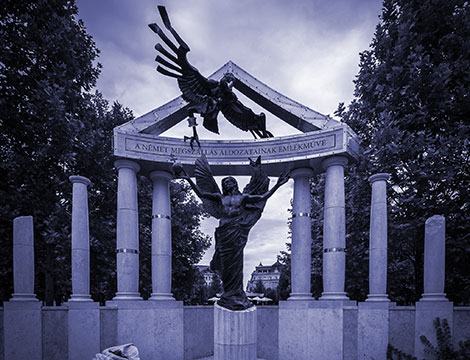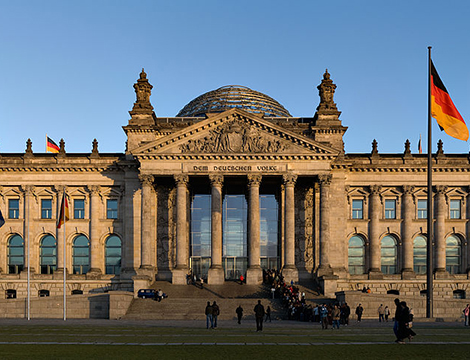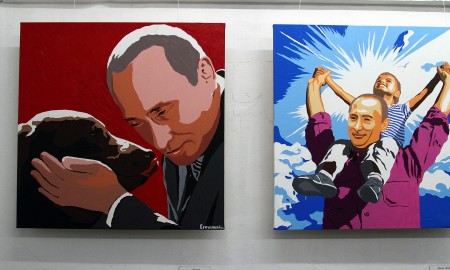
This article was originally published by the Elcano Royal Institute on 29 May 2017.
Since the Ukraine conflict has started in 2014, tensions between Russia and the West have massively increased. The US and the EU have jointly supported Ukrainian territorial integrity by introducing massive sanctions against Russia over its annexation of Crimea and its military aggression against Ukraine in the Donbas; plus, Russia has been expelled from the G8. Russian aggression has also led to NATO’s re-orientation towards territorial defence. Today German officials, who have long pursued the strategy of modernising Russia and integrating it into Western structures, talk about ‘managing an antagonistic relationship’ as the new normal.
Besides the Ukraine conflict, tensions between the West and Russia have also arisen because the latter began to interfere in the domestic political spheres of leading Western democracies. There are three major cases so far: in Germany, the Lisa case in Berlin in January 2016, a Russian disinformation campaign (and before that the hacking of computer systems of the German parliament, in 2015); in the US, the hacking and publishing of documents from the Democratic National Committee during the presidential campaign in July 2016; and in France, financial and other support for Marine Le Pen as well as hacking during the presidential campaign in May 2017.




